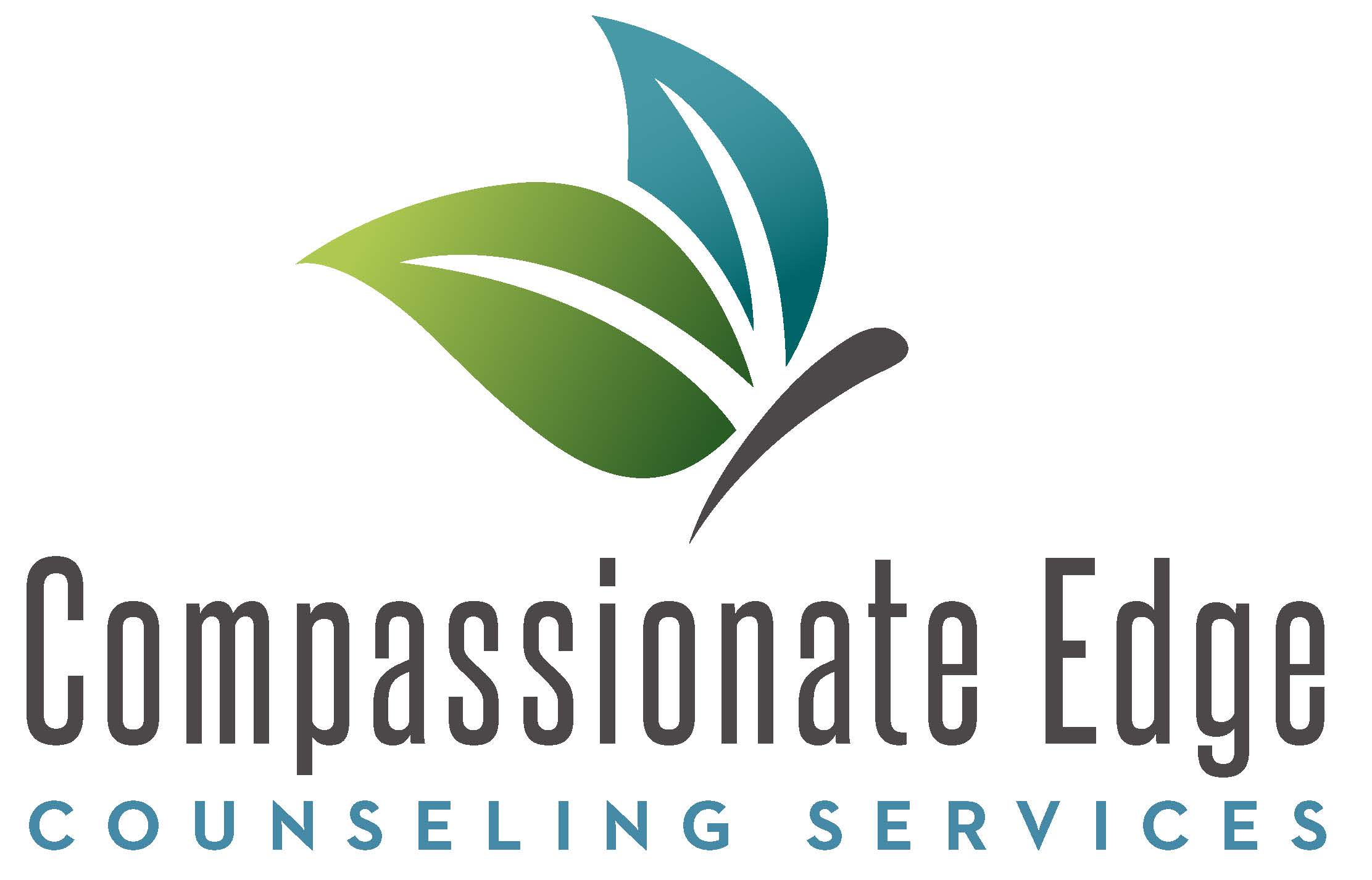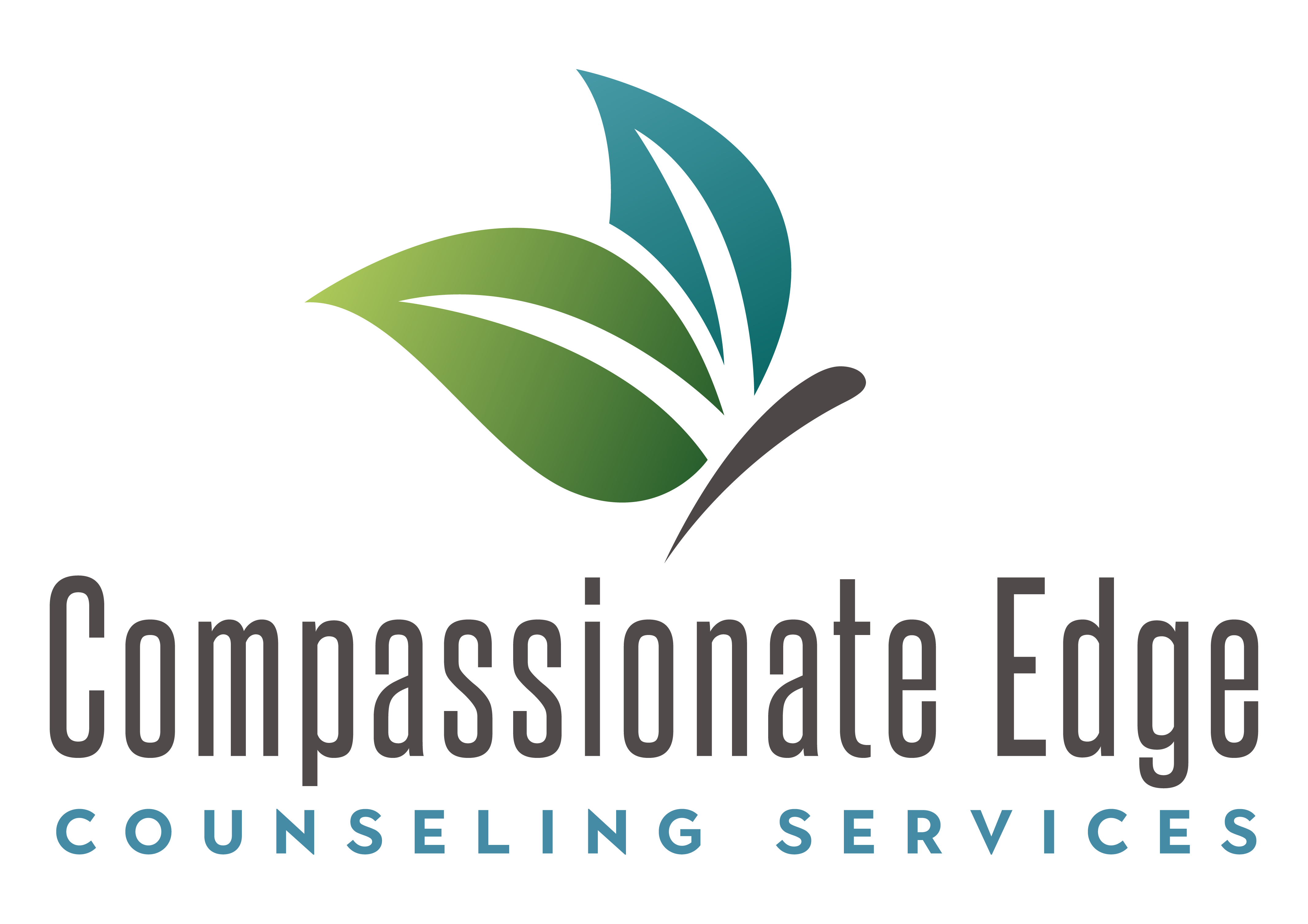
Our lives are full of relationships. The relationships we have with our family and friends. The relationships we have with colleagues. Even the relationship we have with our neighbors or the local barista at the coffee shop that we frequent. To many, one of the most important relationships is the relationship we hold with our significant other. But I would challenge that it is equally important to consider the relationship a person has with themself. A healthy relationship with yourself is the catalyst for healthy relationships with others. And this raises the question, can a person who does not have a healthy relationship with themself be in a healthy relationship with a significant other?
Relationships
To determine whether or not a relationship is healthy we must first understand what is considered healthy. Gowen (2011) shared that a healthy relationship often includes these crucial components.
- Communication
- Respect
- Safety
- Trust
- Support
- Boundaries
- Equality
- Honesty
Healthy relationships are very dependent upon a person’s emotional intelligence (Sidhu., et al. 2019). Emotional intelligence is the ability to understand, use, and manage your own emotions in positive ways to relieve stress, communicate effectively, empathize with others, overcome challenges and defuse conflict. Having these skills can reduce the likelihood of codependency and increase the likelihood of functioning independently and as a couple.
Individualism
In relationships couples share friends, hobbies, and sometimes even similar workplaces. Having your own separate identity is a crucial component to maintaining a healthy relationship. Likewise, having a healthy relationship with yourself is an important aspect to maintaining a healthy relationship with a significant other. As previously stated, communication, respect, and trust are some of the important characteristics to both your relationship with self and with your significant other. Is your internal dialogue positive? Do you trust yourself to make decisions? Working on these characteristics independently can help develop them in personal relationships and avoid what teenagers and young adults deem “toxic” (Forth et al., 2022). By definition, toxic behavior is simply a relationship that has unhealthy dynamics and causes distress or harm. When individuals understand themselves, they are better equipped to communicate their needs in a relationship.
Conclusion
Having a healthy relationship with yourself is very important before embarking on a relationship with a significant other. However a relationship with yourself is an ongoing journey. While having a healthy relationship with yourself isn’t completely dependent upon your relationship with others, it’s very important to already have the foundational skills in place. Make sure you are pouring into yourself, before you begin pouring into others. As your relationship with yourself evolves, so will your relationship with others. It’s a win, win for everyone!

